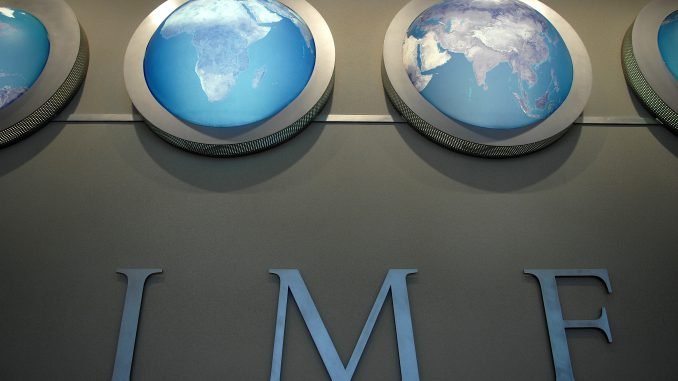
Lithuania’s economic comeback over the past five years has been impressive, according to the IMF. Real GDP has surpassed its previous peak and external and internal imbalances have been corrected. Euro adoption in January went smoothly and came with important upgrades to policy frameworks. Financial stability has increased further. Resilient growth in the face of recent external challenges speaks to Lithuania’s strong economic fundamentals and augurs well for the future, but risks in the external environment persist, the IMF warns.
The Article IV discussions focused on policies to support the next chapter of convergence with standards of living in Western Europe and to ensure continued stability in the face of population ageing and wage convergence with the EU. When it comes to fiscal policy, repair of public finances has come a long way in Lithuania, but there is a need for some further consolidation to build fiscal space. Structural reforms to defuse spending pressures, raise spending quality, and reduce the tax burden on labour are also called for, the IMF says.
Lithuania’s authorities, according to the IMF, should take corrective measure this year to avoid backsliding, target a structural fiscal balance of -0.5 percent of GDP from 2016 onward to put the public debt ratio on a downward trajectory, and articulate a strategy for fiscal structural reform.
Investment and innovation in Lithuania need to be stepped up. With one of the most challenging demographic profiles in Europe, Lithuania needs to make the most of available labour resources. The labour market is rather flexible in practice, but the rigid and poorly applied labour code should be modernised, mismatches between skills taught by the education system and those sought by the labour market need to be addressed, and budget-neutral alternatives to currently high labour taxation should be actively considered, IMF believes.
Economic growth in Lithuania should remain largely unchanged at 2.8 percent from last year in 2015, as positive external factors counterbalance negative ones and domestic demand remains robust, IMF predicts. The economic recovery in the euro area and low energy prices are major boons, but the deepening recession in the CIS and geopolitical uncertainty will hold back growth of exports and investment. Risks are moderately tilted to the downside, with deepening geopolitical tensions the main concern, although the effect of lower energy prices could surprise on the upside. Inflation will turn positive again, but average below zero for the year as a whole.

Be the first to comment